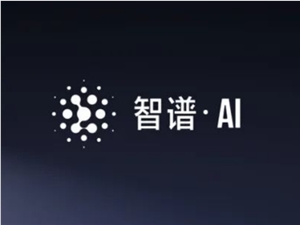After the recent release of the highly anticipated GPT-5 version, it seems that OpenAI has realized an important lesson: they did not fully understand their users' needs. Many users showed great reliance and affection for the previous GPT-4o model, and some core users were very dissatisfied when it was suddenly discontinued. To respond to the strong user reaction, OpenAI decided to restore access to the GPT-4o model, but only for paying users, which also exposed a blind spot in the company's user experience.
In a recent podcast interview, Nick Turley, the head of ChatGPT at OpenAI, admitted that user enthusiasm and opinions about different models are highly divided. He pointed out that on social media, discussions about GPT-5 show a clear contrast in user preferences, reflecting their strong interest in choices. "I think the Reddit comments are very interesting because they show the polarization of users," Turley said. He even revealed that in the early days of ChatGPT, he specifically hired a data scientist to conduct in-depth research to better understand user needs.
Although under his leadership, ChatGPT has accumulated 7 million active users per week and become the fifth most visited website globally, Turley still admitted that he was initially confused by the various reasons users had for using ChatGPT. After some exploration, he summarized some main usage scenarios, including writing, programming, and daily chatting, but he also acknowledged that this understanding was relatively superficial.
Meanwhile, OpenAI CEO Sam Altman seems to have a deeper understanding of user needs. In a social media post, Altman mentioned that they have been paying attention to the emotional connection between users and specific AI models over the past year, especially how people see ChatGPT as a kind of "psychological counselor" or "life coach." However, although Turley also expressed concerns about users' excessive dependence on AI, his exploration of user psychology clearly has just begun.
Key Points:
🌟 After launching GPT-5, OpenAI found that users had a strong dependency and emotional attachment to the older GPT-4o model, leading to the restoration of its access.
🧠 ChatGPT head Nick Turley admitted confusion about user needs and hired a data scientist for in-depth research.
🤖 OpenAI CEO Sam Altman stated that they focus on the emotional connection between users and AI models, especially the psychological support function.










